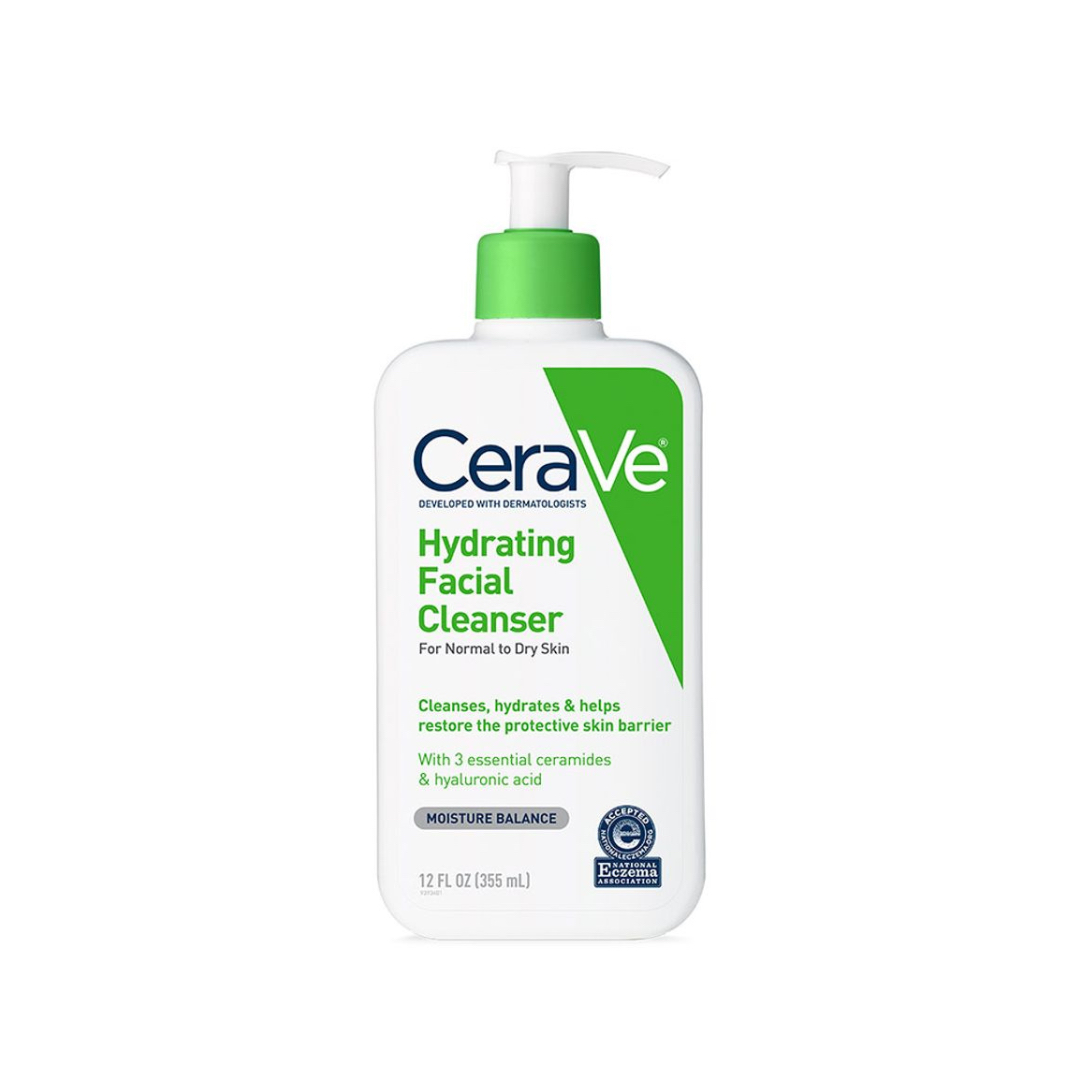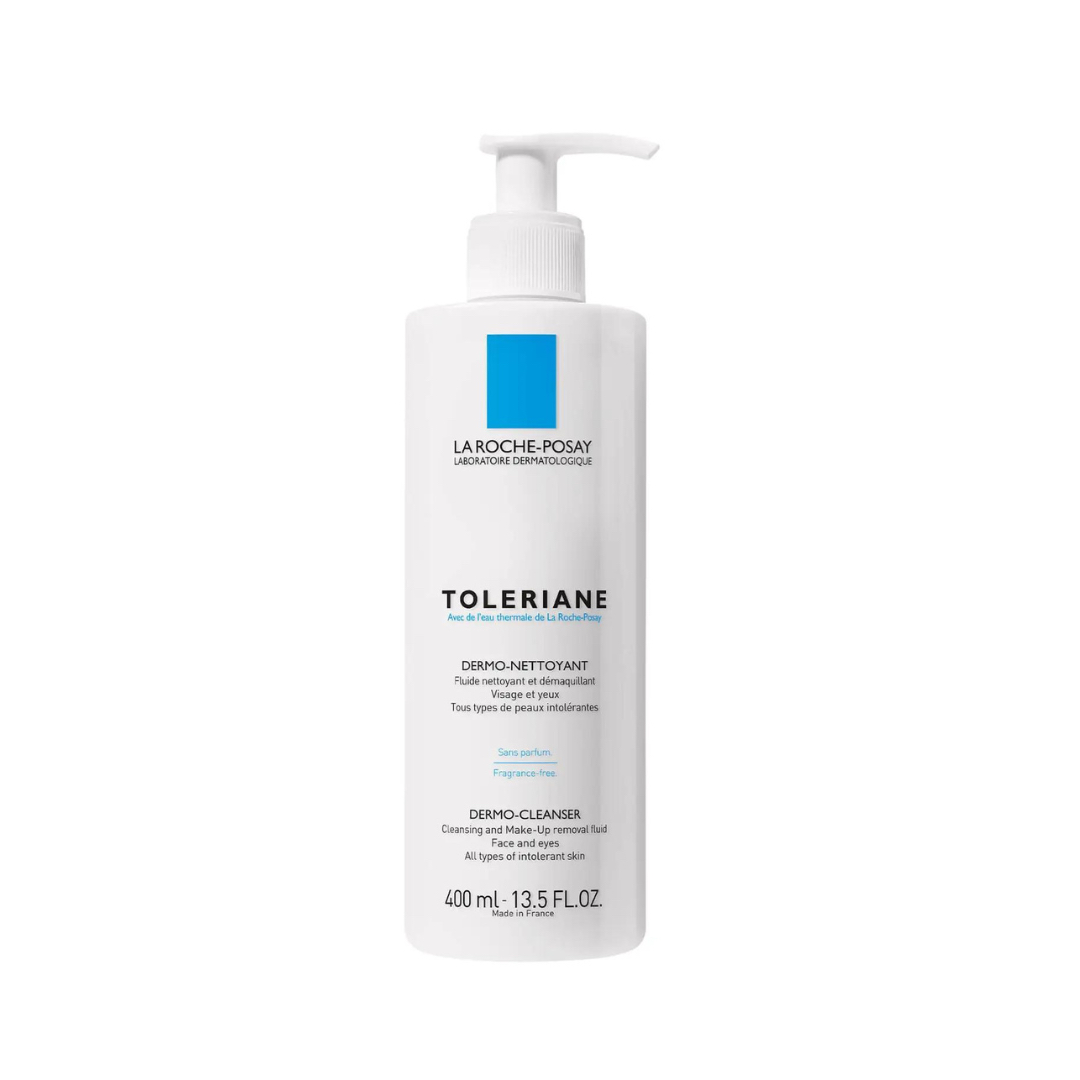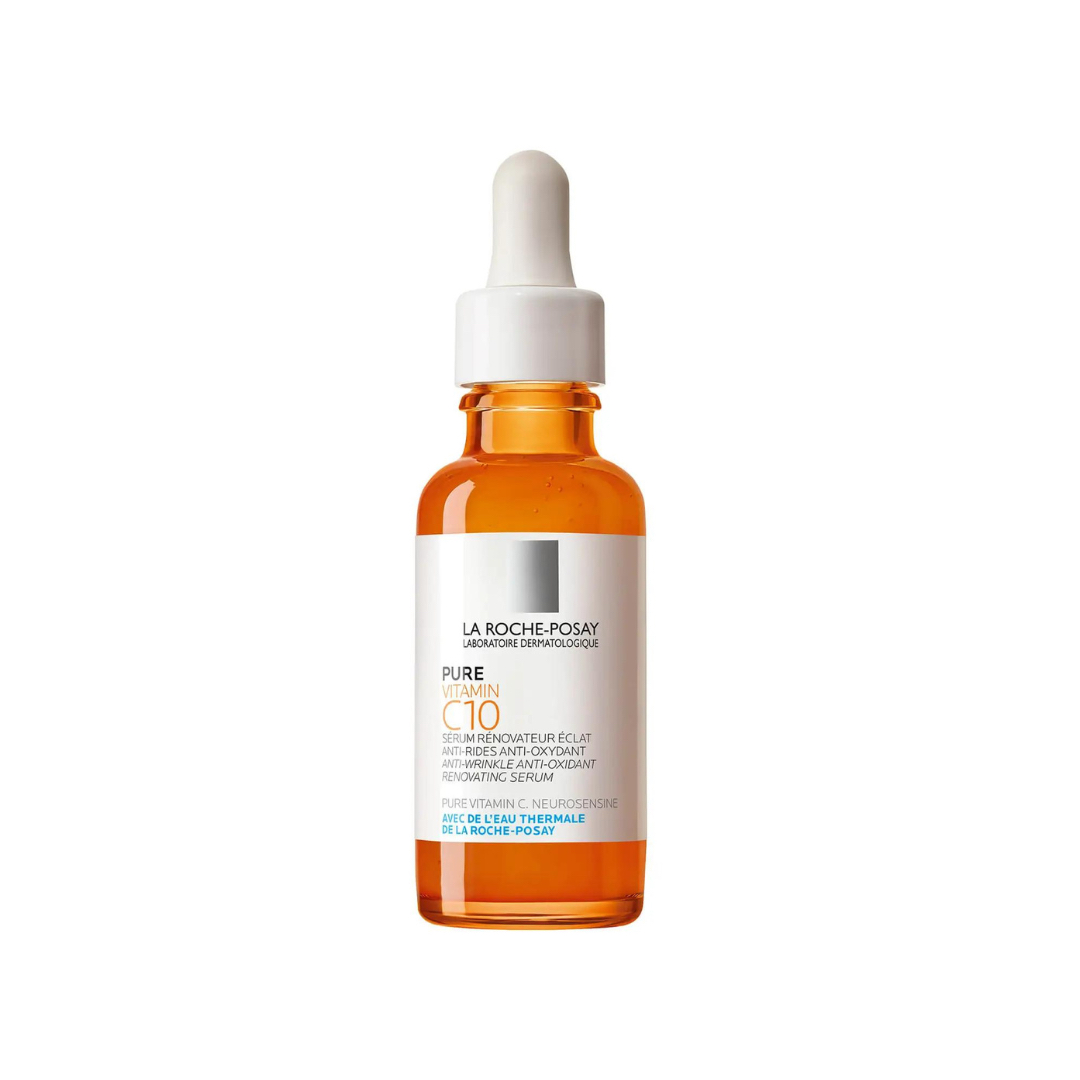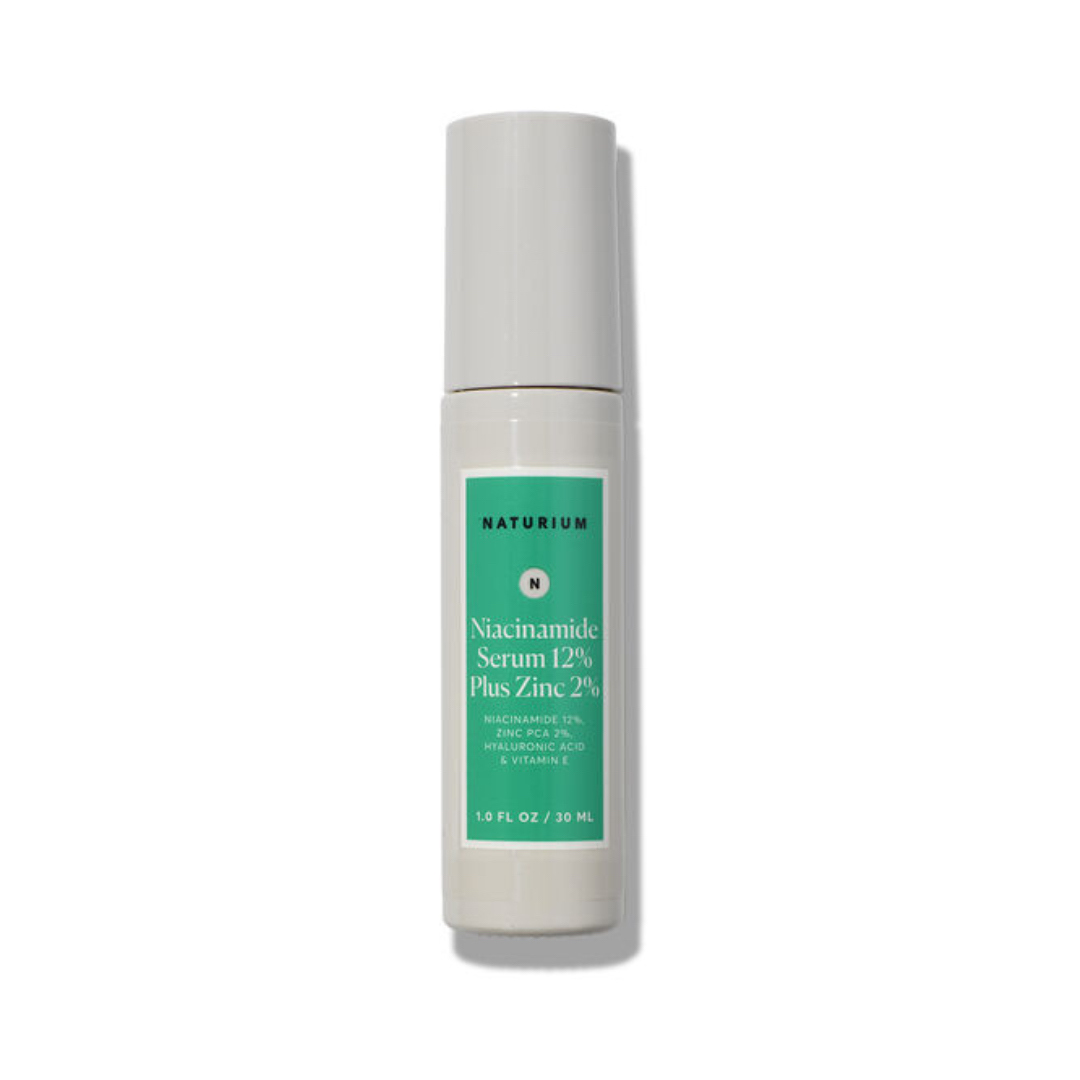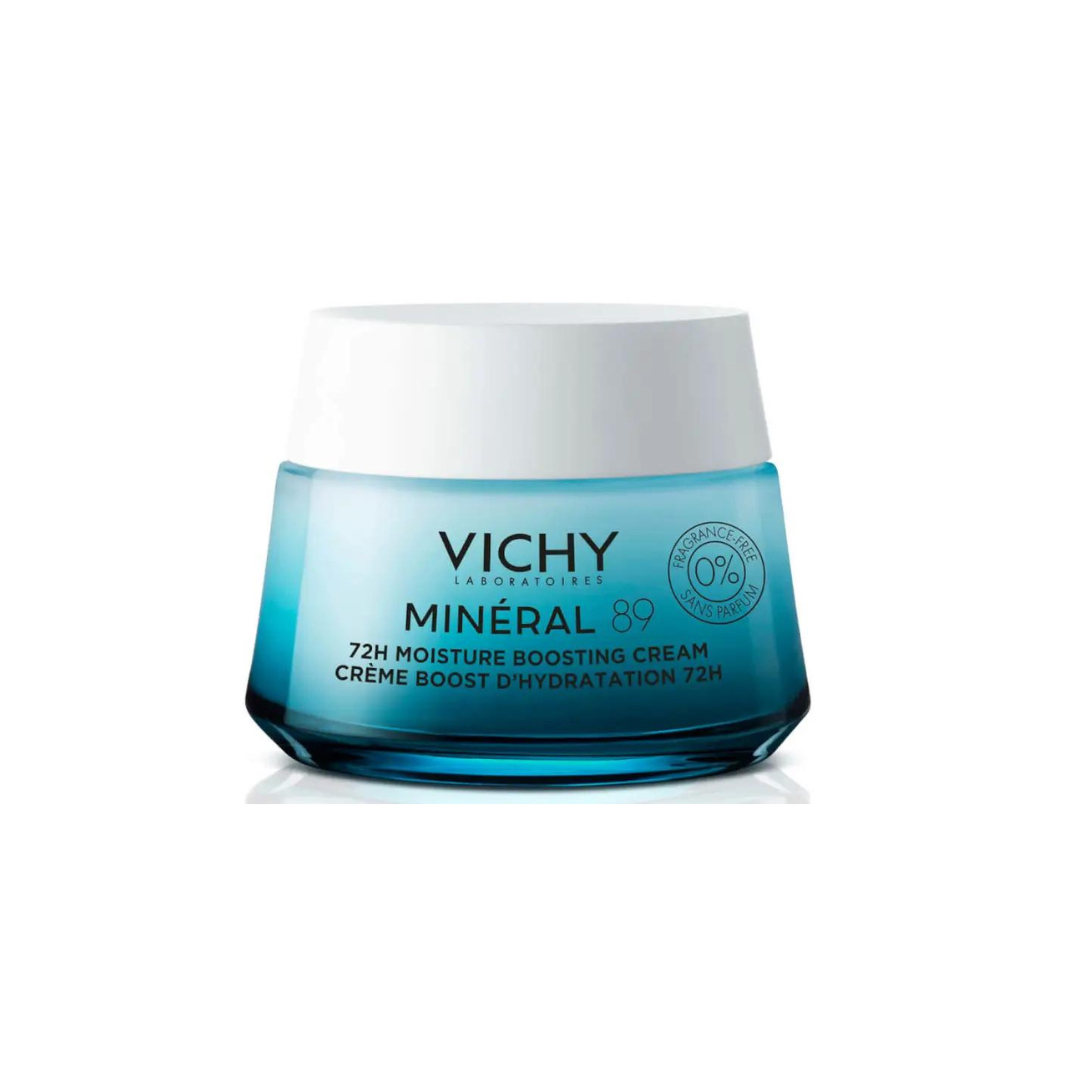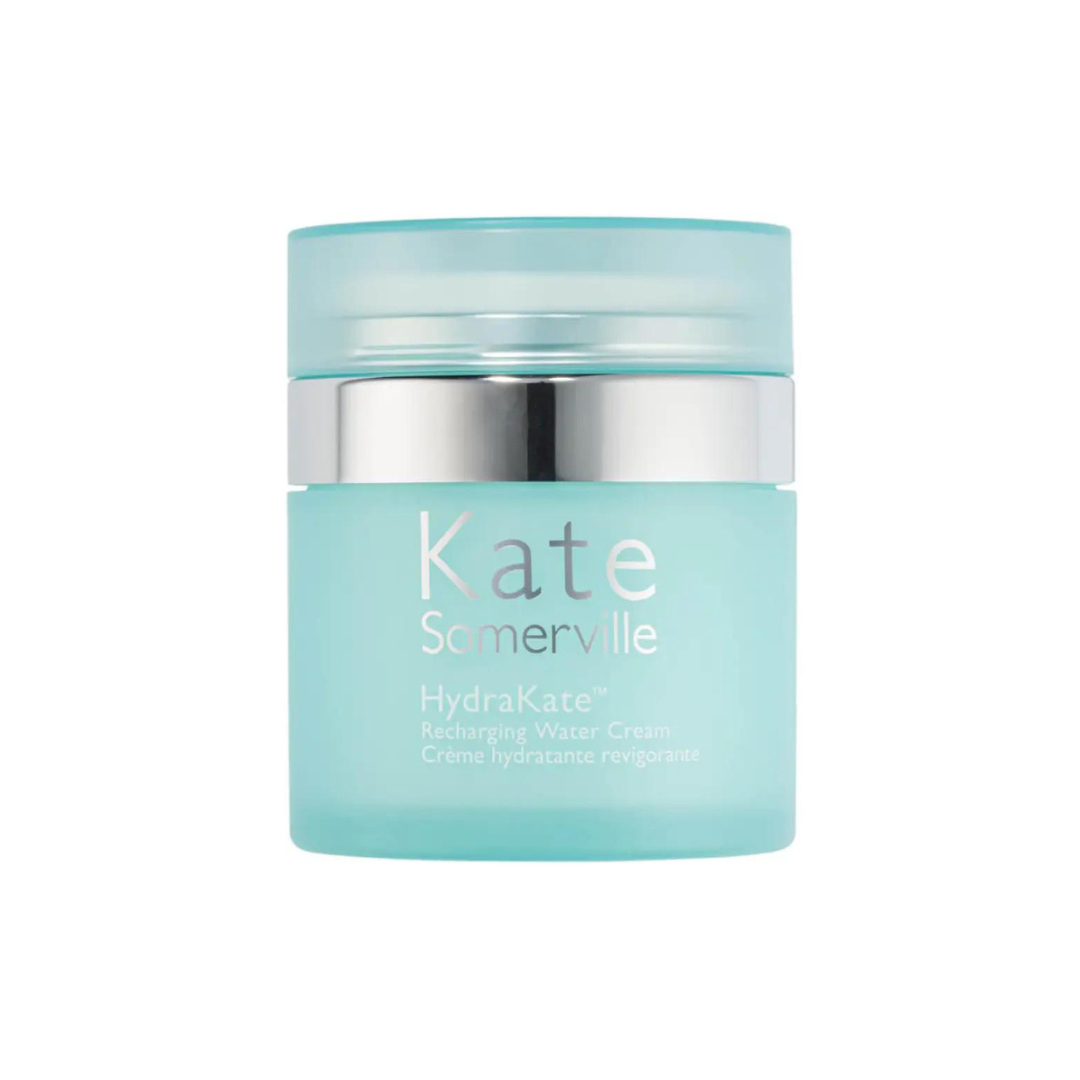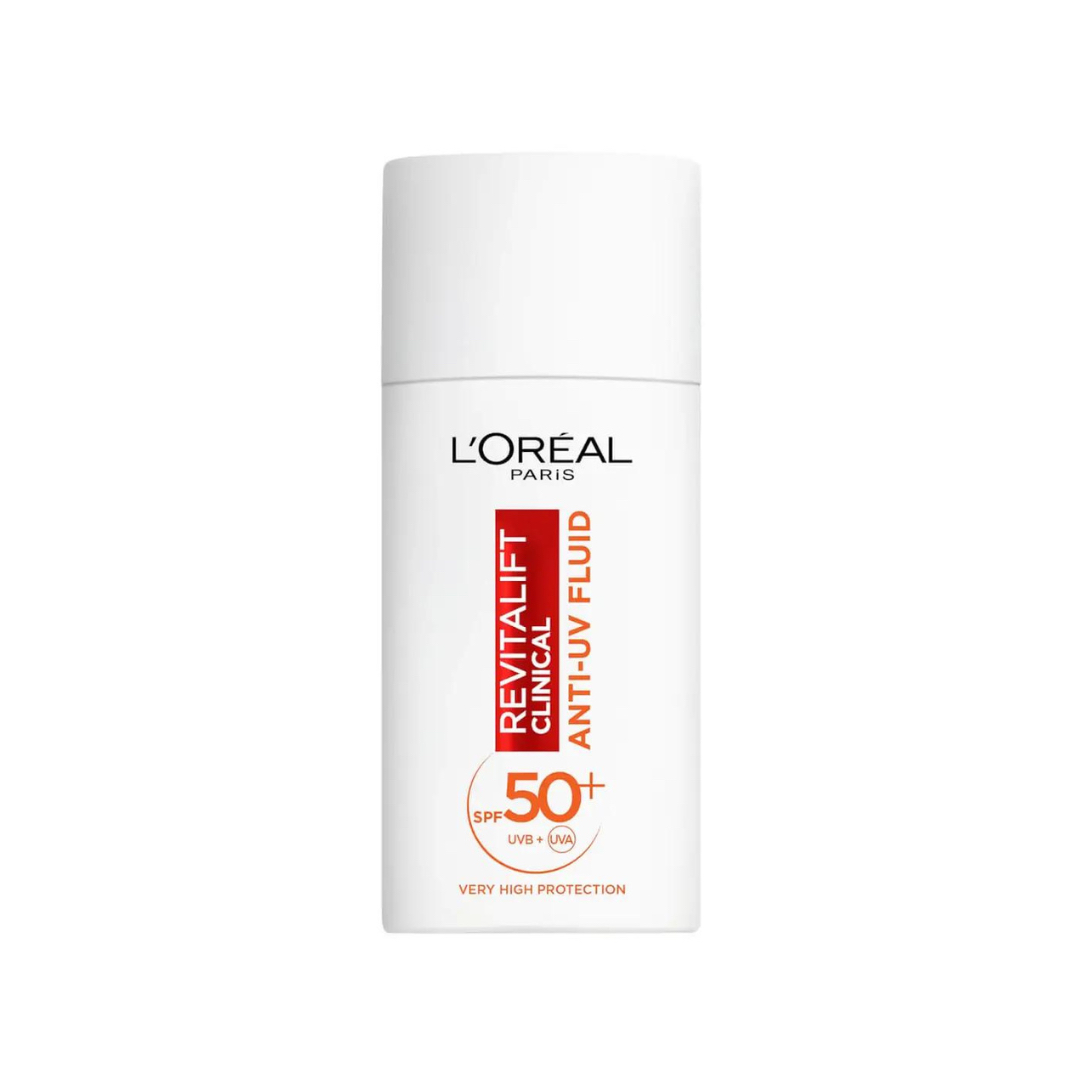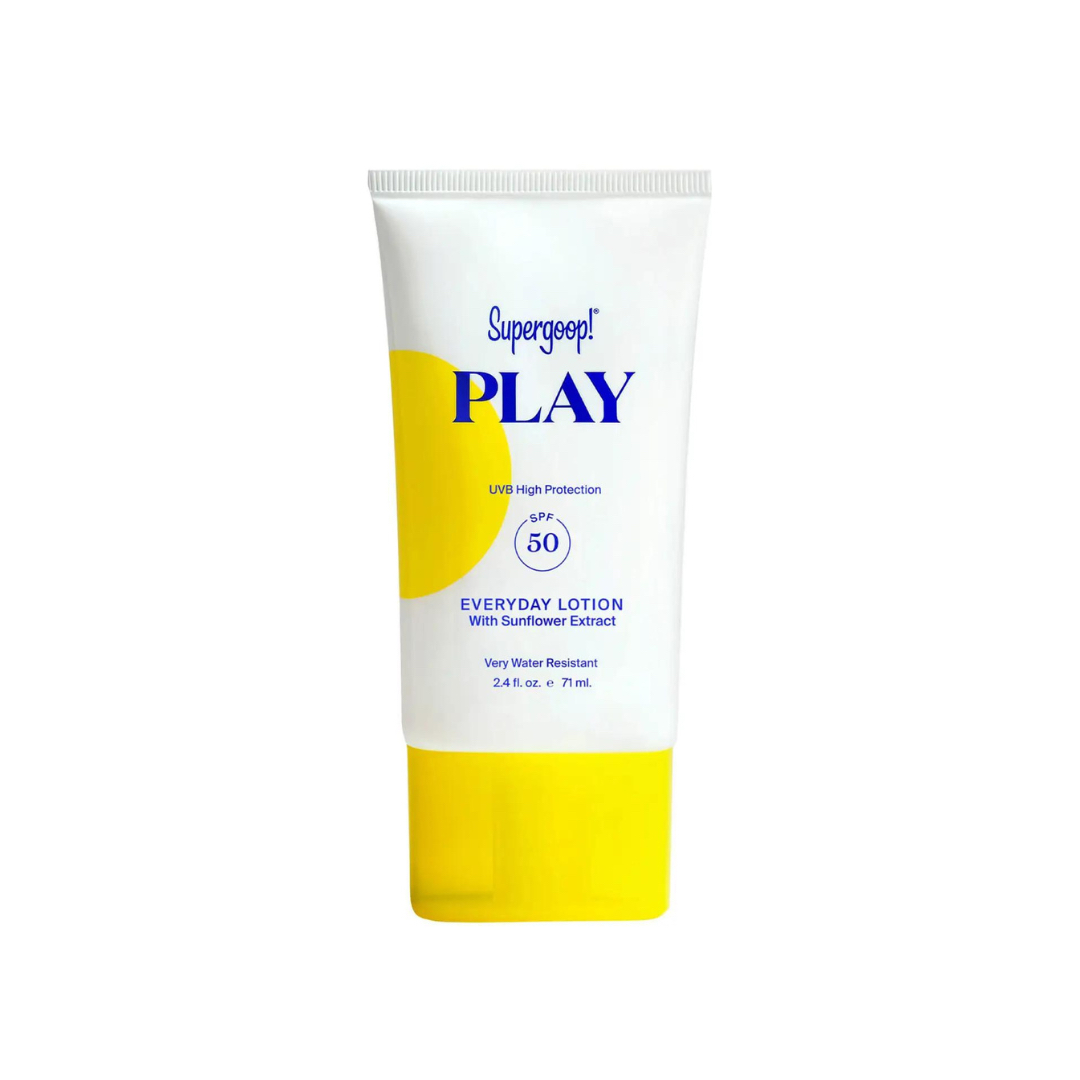According to a skin expert these are the essential steps of an effective morning skincare routine
A consultant derm breaks it down
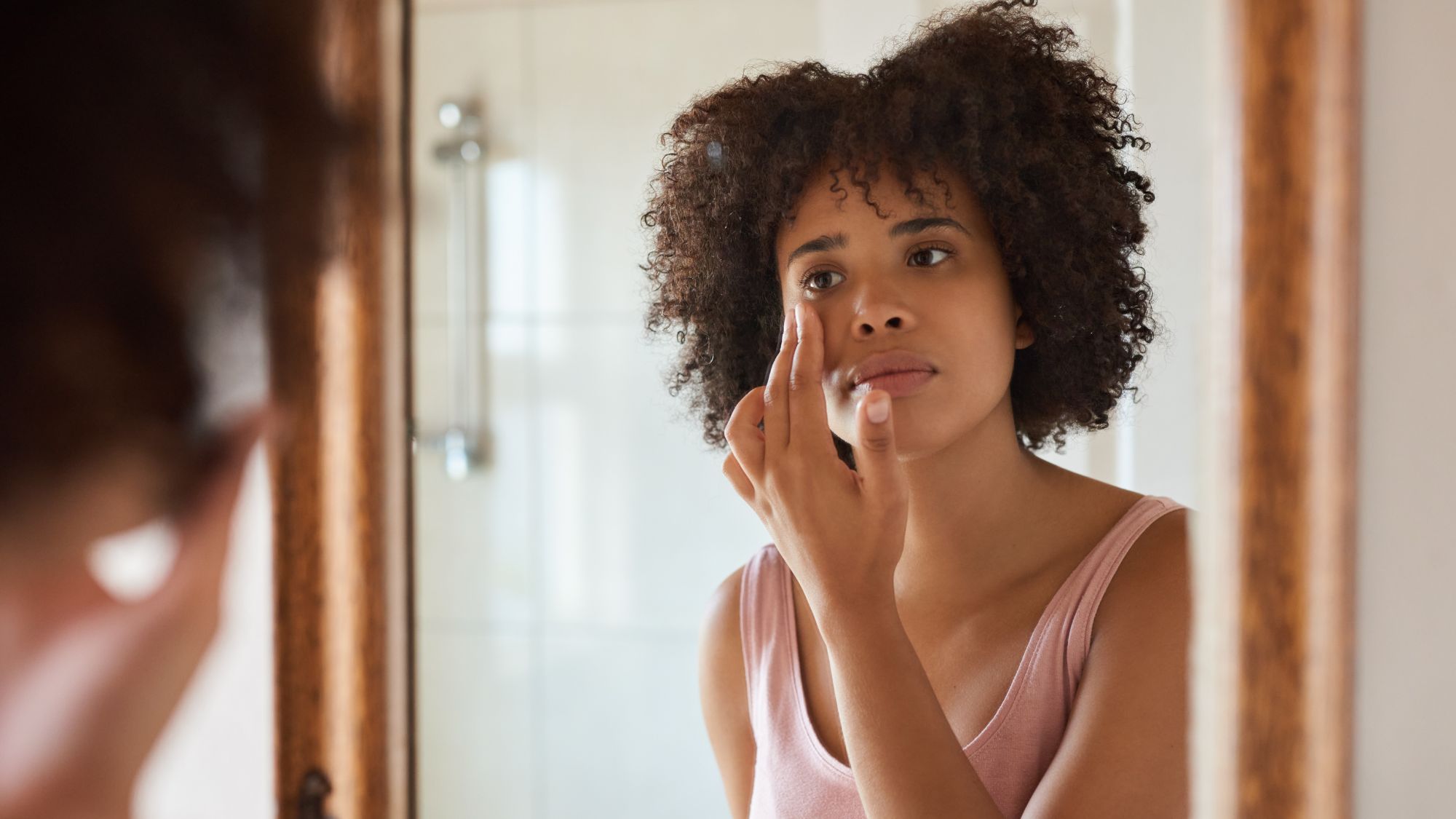

I am sure I don’t need to stress to you the importance of a good skincare routine (you have come to this page off your own back, after all). But what you might not be so clear on are the precise steps that should make up a good morning skincare routine. You may not be sure if SPF or moisturiser comes first, for example, or where does the best eye cream fit in.
As a beauty editor I may know a lot about skincare, but I am far from a highly qualified skin expert—which is exactly why I asked a consultant dermatologist for their recommendations to back up this guide with a professional’s insights. So, without further ado, these are the basic steps to a good skincare routine in the morning.
The key steps to a good morning skincare routine
1. Cleanser
A simple skincare routine should always start with cleanser, no matter the time of day. There are some people who would have you believe that you don’t need to wash your face in the morning. You won’t have been wearing SPF or make-up overnight, so double cleansing isn’t necessary, but that doesn’t mean there’s nothing on your face that should come off. “Start your morning routine with a gentle cleanser to remove any impurities that may have accumulated overnight,” says Dr. Aiza Jamil, consultant dermatologist at sk:n Clinics.
2. Toner
Skincare products tend to be applied from thinnest to thickest consistency (with the exception of SPF, which always goes last), and if you use the best toner it's applied before any serums or moisturiser. "Look for a toner with hydrating and soothing, alcohol-free ingredients, such as witch hazel, rose water and hyaluronic acid," Dr. Jamil advises. Exfoliating toners are also very useful and can be used in the morning though they're generally considered to be more suitable for your evening skincare routine.
3. Serum(s)
The best face serum’s purpose can vary greatly depending on the key active ingredients. Generally, something with antioxidant benefits and hydrating ingredients are good choices for the daytime. Dr. Jamil specifies vitamin C for antioxidant protection and brightening, hyaluronic acid for hydration and niacinamide for all-round skin health are all good skincare ingredients for the daytime.
4. Eye cream
Experts’ opinions on eye cream vary, but if you are going to use it, apply it before your all-over moisturiser. “Gently pat on an eye cream to address specific concerns like puffiness, dark circles, or fine lines,” says Dr. Jamil. “Choose an eye cream with ingredients like hyaluronic acid and peptides.”
5. Moisturiser
“Moisturisers play a crucial role in skincare by helping to maintain the skin's hydration and protect its natural barrier,” says Dr. Jamil. “This barrier function is essential for maintaining the skin's integrity and preventing dryness.”
Marie Claire Newsletter
Celebrity news, beauty, fashion advice, and fascinating features, delivered straight to your inbox!
Your choice of cream will vary depending on your skin type—very generally speaking, you’ll most likely choose either the best moisturizer for dry skin, the best moisturiser for oily skin, or the best moisturiser for combination skin, keeping an eye out for if it's been formulated for sensitive skin if yours falls into that category, too. “Look for ingredients like glycerin, hyaluronic acid, or ceramides to lock in moisture,” Dr. Jamil adds.
6. SPF
Arguably the most important step of your morning skincare routine is SPF, and experts agree that a separate, dedicated facial sunscreen is the best form. It’s not that the SPF in your best moisturiser isn’t good enough—it will have undergone rigorous testing to be able to specify that level of protection on the bottle—but rather to do with the amount that’s applied. You should apply half a teaspoon to your face and neck, and you probably aren’t dousing yourself in quite that much moisturiser (see also: SPF in foundation).
“Sunscreen is a crucial step in the morning routine to protect your skin from harmful UV rays,” Dr. Jamil stresses. “Use a broad-spectrum SPF 30 or higher with key ingredients like zinc oxide, titanium dioxide and avobenzone and apply it generously to all exposed skin.” SPF should always be the last step in your regime before applying any make-up like the best foundation.

Lucy is a freelance beauty editor and contributor at Marie Claire, and has also written for titles including Cosmopolitan, Refinery29, Glamour and woman&home. She was previously Marie Claire’s junior beauty editor. During her career, she’s covered everything from backstage beauty at fashion week to interviews with famous faces like Drag Race royalty and Little Mix. As for her beauty ethos, she’s a big advocate for not having to spend a fortune on beauty products to get good results. When she’s not got beauty on the brain you’ll probably find her reading or Netflix-ing.
-
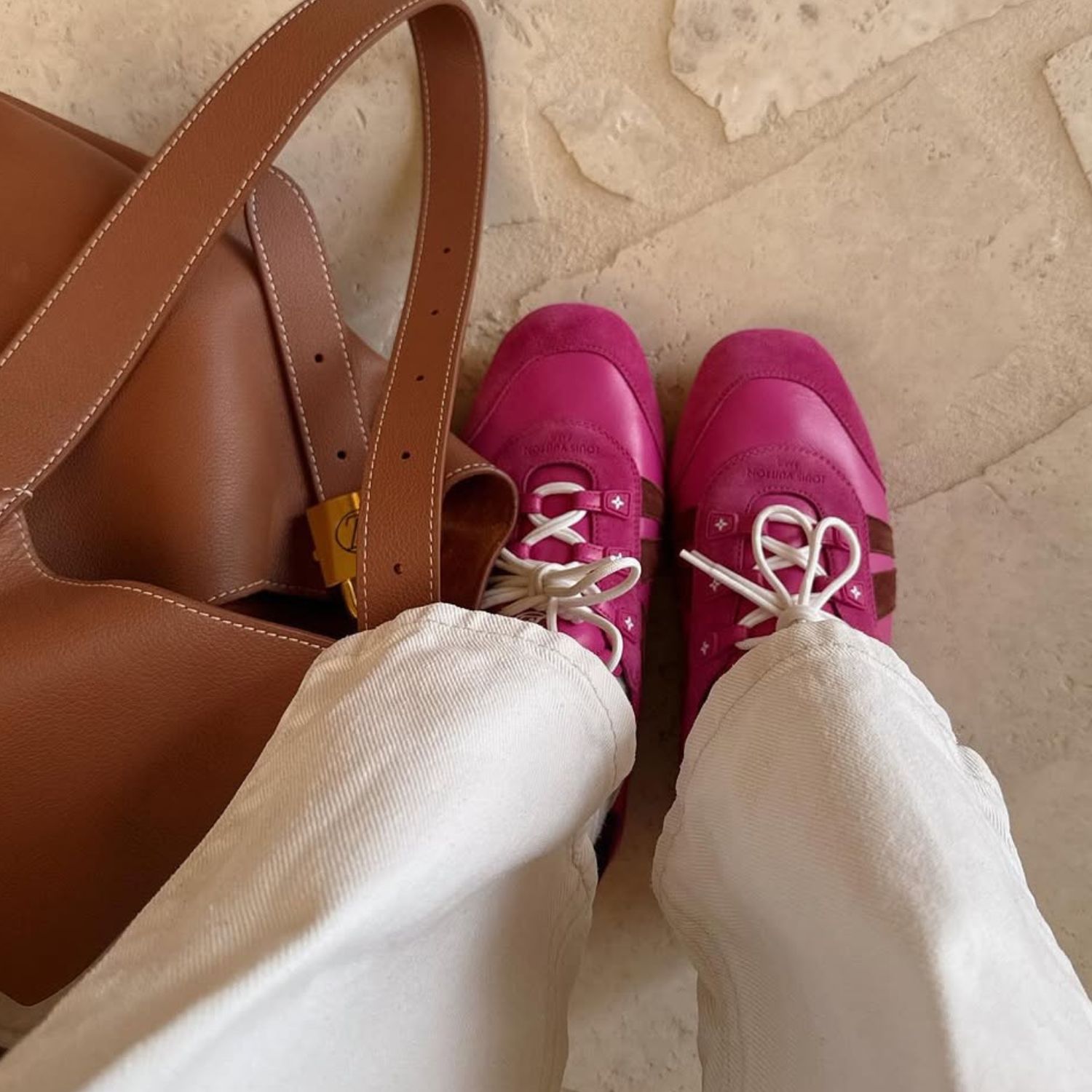 Trust me, these Louis Vuitton ballerina-trainer hybrids are about to be everywhere
Trust me, these Louis Vuitton ballerina-trainer hybrids are about to be everywhereThe cool girl kicks of the season
By Jazzria Harris
-
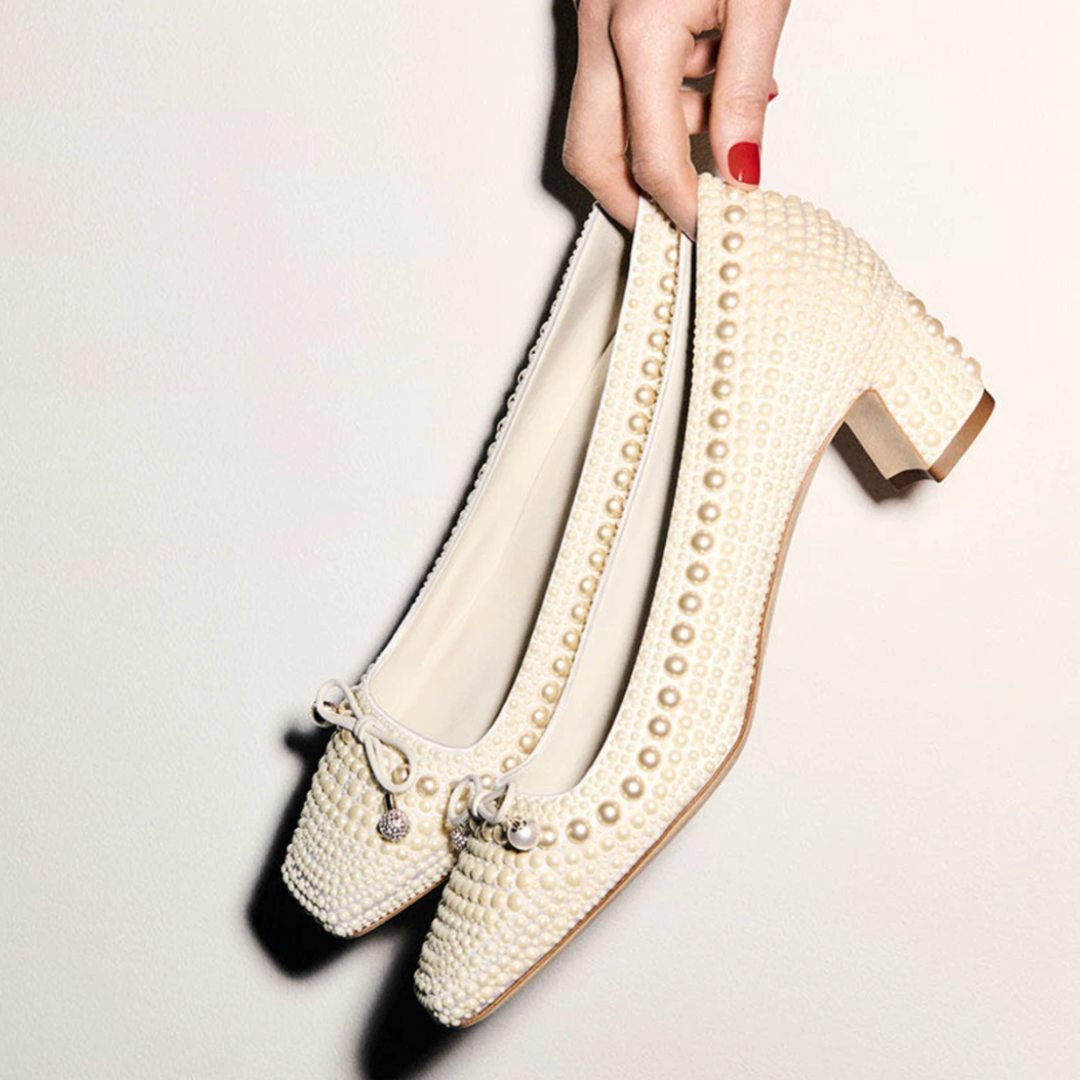 These are the best wedding shoes you'll want to walk down the aisle in
These are the best wedding shoes you'll want to walk down the aisle inSomething new, something blue
By Lauren Cunningham
-
 The best wedding dresses for every bridal style and budget
The best wedding dresses for every bridal style and budgetThese are the standout gowns of 2025
By Lauren Cunningham
